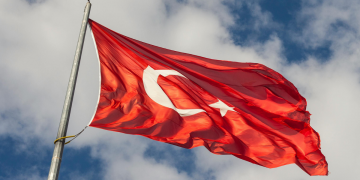The Turkish government is increasingly treating Christian minorities as existential threats—branding them as “national security dangers” to justify mass expulsions and heavy restrictions on religious freedom. This alarming rhetoric marks a new low in Türkiye’s crackdown on minority believers.
Official statements reveal the shift: in recent months, authorities have accused Christian congregations and clergy of espionage, subversion, and ties to foreign powers. That’s allowed the state to revoke residency permits, close churches, and force out Christian leaders—often without due process or public justification. One Turkish Christian shared how police claimed his house was “unfit for a Muslim,” then declared him persona non grata in his country of birth.
Among the worst instances, the government has expelled foreign Christians working as missionaries or aid workers—even when they held valid visas. Some local Christians report threats, intimidation, and bureaucratic harassment until they leave. Churches and faith-based NGOs are denied registration or funding, sunk by red tape and threats of dissolution.
The implications are grave: when a state labels believers as security risks, it opens the door to persecution. The move undermines Türkiye’s international human rights commitments and sets a dangerous precedent in a predominantly Muslim country. The rights of conscience, worship, and minority faiths are at stake.
In response, Christian and human rights advocates are calling on governments and international bodies to shine a light on Türkiye’s actions, impose accountability for violations, and support Christians facing forced removal or persecution. They urge Ankara to halt expulsions, restore religious equality, and protect believers rather than silence them.




















Discussion about this post